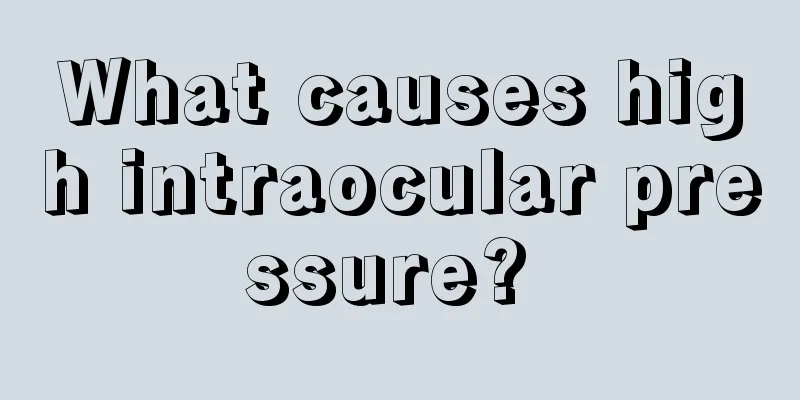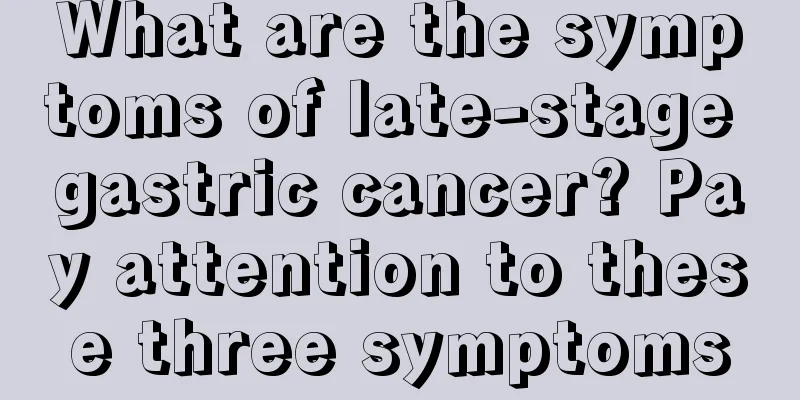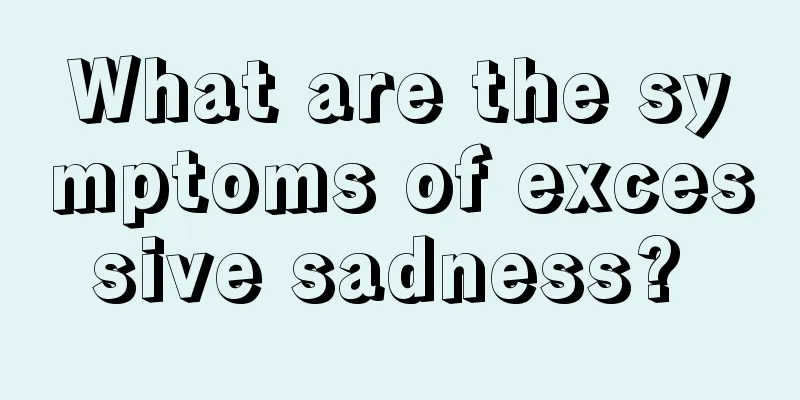What causes high intraocular pressure?

|
Many people do not understand why high intraocular pressure may occur. In fact, high intraocular pressure may be related to bad posture and diet in life, or eye diseases such as glaucoma, cardiovascular disease and cataracts may also cause these symptoms. 1. Posture and food factors For a normal person, the intraocular pressure may rise by six mmHg when changing from a sitting position to a lying position. If you stand upside down, your intraocular pressure may rise by more than ten millimeters of mercury. Therefore, if glaucoma patients do yoga, we will advise them to avoid inverted movements as much as possible. In addition, drinking a large amount of fluid (such as 500CC) in a short period of time can increase intraocular pressure. Some medicines can also cause the side effect of increased intraocular pressure, the most noteworthy of which are medicines containing steroids. Regardless of the route of administration, whether oral, skin application, nasal spray or eye drops, as long as it contains steroids, there is a chance of this side effect. 2. Disease factors Eye diseases such as glaucoma, diabetes, cardiovascular disease, iridocyclitis, cataracts, and myopia can all cause high intraocular pressure, and trauma can also cause high intraocular pressure. 3. Factors in daily life Staying in the dark for too long; looking down or reading for too long; not getting enough rest and overworking; overeating; seasonal changes, such as winter. 4. Inspection method There are two main methods for measuring intraocular pressure: finger pressure measurement and tonometer measurement. The finger measurement method is to let the patient look downward naturally. The examiner touches the eyeball lightly with the tips of his two index fingers from above the upper edge of the tarsal plate, and places the other fingers on the patient's forehead for support. The two index fingers press lightly alternately, and the level of eyeball pressure is estimated based on the fluctuation sense transmitted to the fingertips. Generally, normal is Tn, high intraocular pressure is T +1, 2, 3, and low intraocular pressure is T-1, 2, 3. |
<<: What does intraocular pressure mean?
>>: What should I do if my eyes are bloodshot after being hit
Recommend
Blackcurrant raisins
Raisins are a favorite of many people. This food ...
Does thyroid cancer cause back pain
Thyroid cancer is a malignant tumor that originat...
Is the cost of treating mid-stage brain cancer expensive?
Is the cost of treating mid-stage brain cancer ex...
What to do with the hole after tooth extraction
We know that after a tooth is extracted, a very d...
How to divide cup sizes
Many women don't know how to divide cup sizes...
How often should you change your toothbrush
In order to better protect your teeth, brushing y...
Will sleeping together cause molluscum contamination?
Infectious diseases are a relatively special type...
What are the functions and effects of a sheep horn comb
We comb our hair every morning when we wake up. T...
What to do if the flesh becomes loose after losing weight
For people who are severely obese, after a period...
What causes high serum alkaline phosphatase levels?
Serum alkaline phosphatase needs to be checked th...
What disease is it that causes abdominal pain and diarrhea after lunch
Some patients will experience abdominal pain and ...
Which is better for weight loss, red bean, mung bean or black bean
Red beans, mung beans and black beans are all rel...
How to use the hair ball remover
A lint remover, as the name suggests, is used to ...
What is the most correct way to treat lung cancer? Three methods of treating lung cancer are safe and effective
Lung cancer is a malignant tumor with a high mort...
What time is best for morning exercise
In modern society, more and more people have join...









